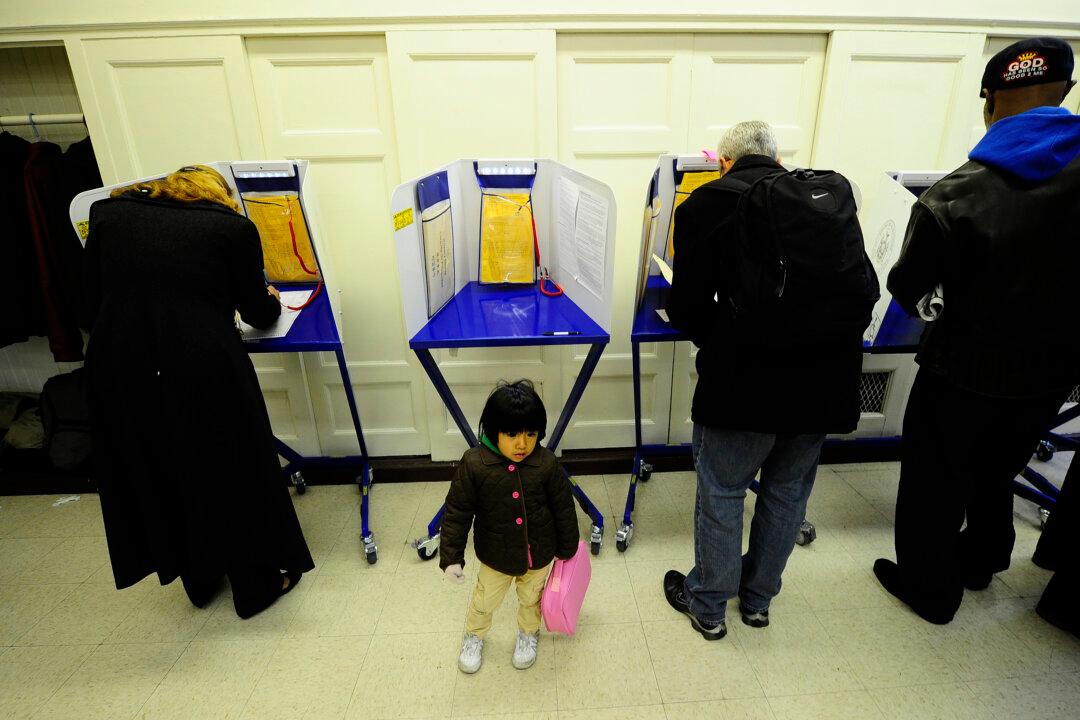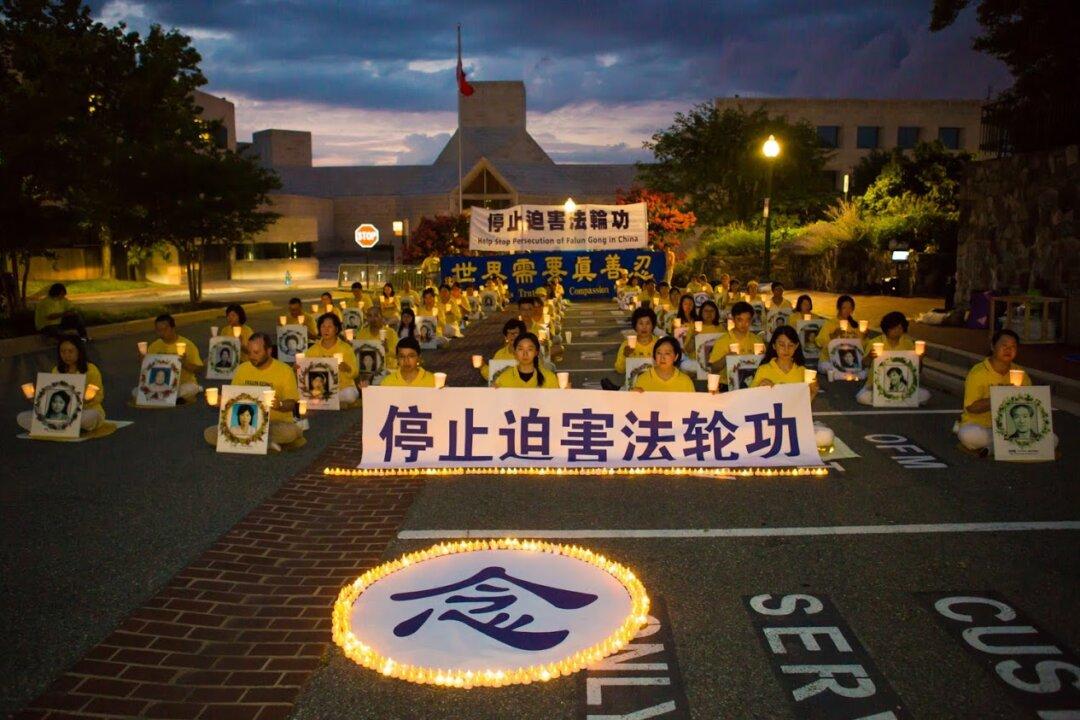CUDDEBACKVILLE—Behind the dry, legal language of a letter from the office of New York Attorney General Eric Schneiderman to the Orange County Board of Elections lies a community that feels betrayed by a challenge to their rights as American citizens.
In a Sept. 22 letter Schneiderman inquired about a possible case of voter discrimination and intimidation involving at least 30 Chinese-Americans. The letter says their voter registration may have been challenged allegedly because they “have Asian names” and because they used their college dormitory address, 140 Galley Hill Road in Cuddebackville.
“We are concerned that students otherwise eligible to register and vote may have been denied the opportunity to participate in the current election cycle on the basis of their race and national origin,” the letter said.
The Attorney General’s office issued the letter in response to a complaint filed by a mother of one of the students whose voting registration was challenged. She sat down with Epoch Times to talk about how the students have been affected by this controversy and to help set the record straight about claims made in the press. In order to protect the privacy of her family, this woman prefers to remain anonymous. For the purpose of this article she is called “Sue.”
Challenges
Sue noted that the challenge to students’ voting rights was first made in the press, in an Aug. 19 article in the Mid-Hudson News.
This online newspaper quotes Deerpark Supervisor Gary Spears saying, “Over all there were 60 or 68 new registrations in Deerpark this year of Chinese people. We are concerned, first of all if they are citizens.'”
Sue questioned why Spears would first go to the press, rather than to the Board of Elections, with his charge. While he spoke to Mid-Hudson News on Aug. 19, Spears did not submit his challenge to the Board of Elections until Aug. 25.





